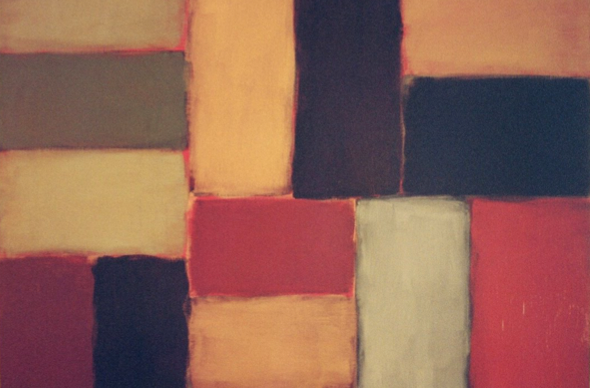
Author: Author on Source


One of the issues we discussed at length when the Social Mediums first started working at the GC was how to embody our programs on Facebook. At the time, Facebook was working to suspend “fake” people. Some of us wanted the social interaction that was only available to a person–there is something meaningful in, say, the GC Music Program “liking” the photo of a music student’s most recent recital. Then, there was some consternation deciding to have a “group” vs. a “page.” This change looks like it opens up some of the possibilities we’d missed out on originally. I’m interested in how this changes the way our programs can engage with current and prospective students, as well as faculty and visiting scholars. — Paul, English Social Media Fellow.

Managing Twitter feeds is a daily chore for us. The infamous “algorithm”, introduced in 2016 substantially changed the Twitter experience–according to most people for the worst. This article from Mashable explains how Twitter has restored some of the original, chronological functions. — Paul, English Social Media Fellow
Twitter will make it super easy to switch back to a chronological timeline
/https%3A%2F%2Fblueprint-api-production.s3.amazonaws.com%2Fuploads%2Fcard%2Fimage%2F847387%2Fab8a6f2a-615c-42b1-97f1-bfaad2cb199c.jpg)
5/ Meanwhile, today we updated the “Show the best Tweets first” setting. When off, you’ll only see Tweets from people you follow in reverse chronological order. Previously when turned off, you’d also see “In case you missed it” and recommended Tweets from people you don’t follow.
— Twitter Support (@TwitterSupport) September 17, 2018
The announcement comes after Twitter users have come up with ways to try and circumvent the algorithmic timeline.
Recently, we’ve been working to collaborate more closely with the GCDI Fellows. As part of that process, we’ve been looking at what sort of collaborative tools we can use. We’ve experimented a bit with Basecamp and are thinking about trying out Slack (I’ve used it a bit). The Social Mediums spend most of our week working closely with our own programs, but our strength is in our shared knowledge bases and these kinds of tools help us keep in touch and share solutions that is much more dynamic and useful than a Google doc sitting in a folder in the ether.
This post from Professor Hacker runs down some of the most popular collaborative tools.– Paul, English Social Media Fellow
This is a quick write-up from The Chronicle of Higher Education about a new guide which identifies critical questions about how to think about labor and digital projects–most importantly, too, which offers a comprehensive bibliography on the topic. This issue is important for us Social Mediums (we’re all university Fellows), but it is also a critical issue for the many people working on the Commons. How does their work cultivating, innovating, and maintaining get seen and evaluated? — Social Mediums


